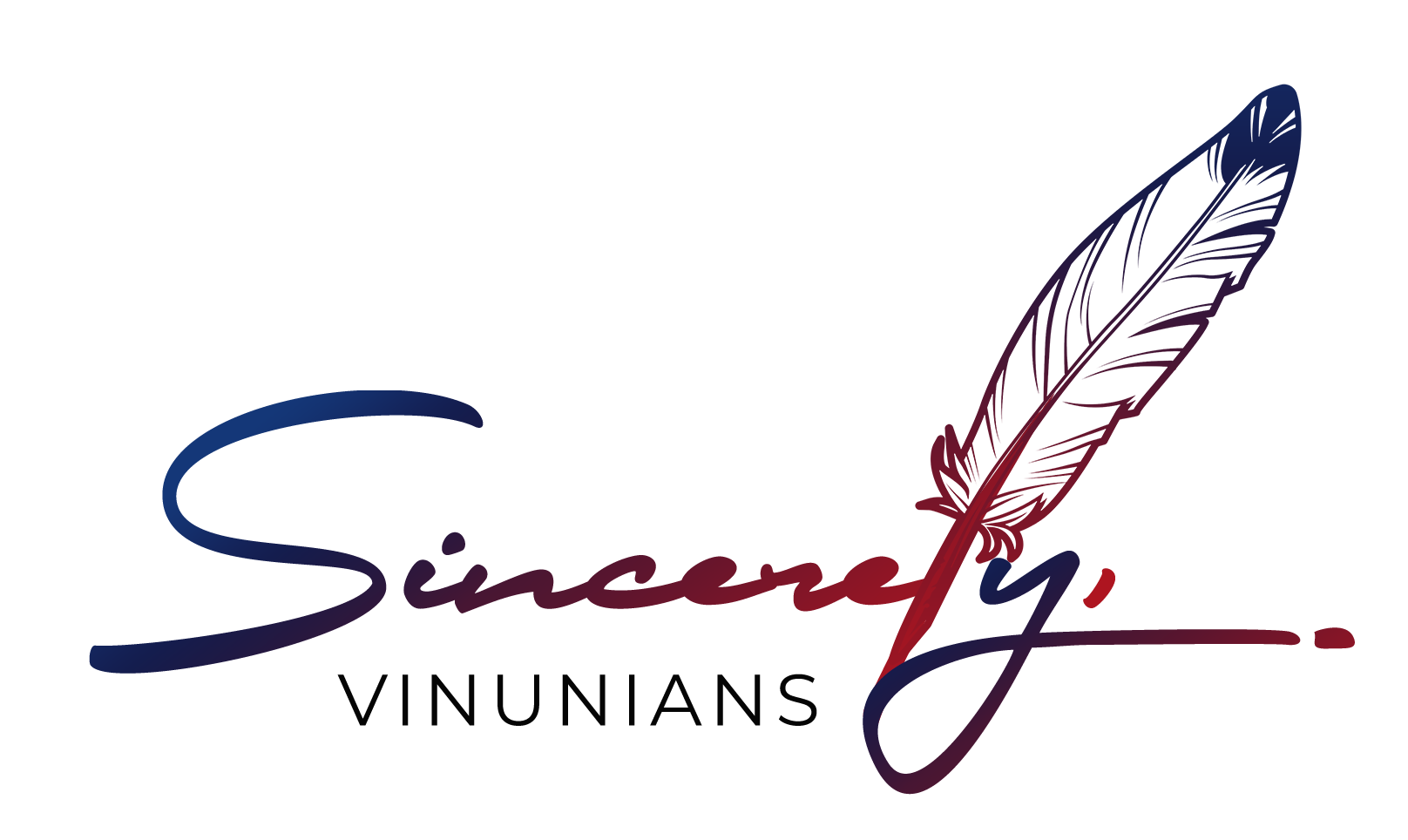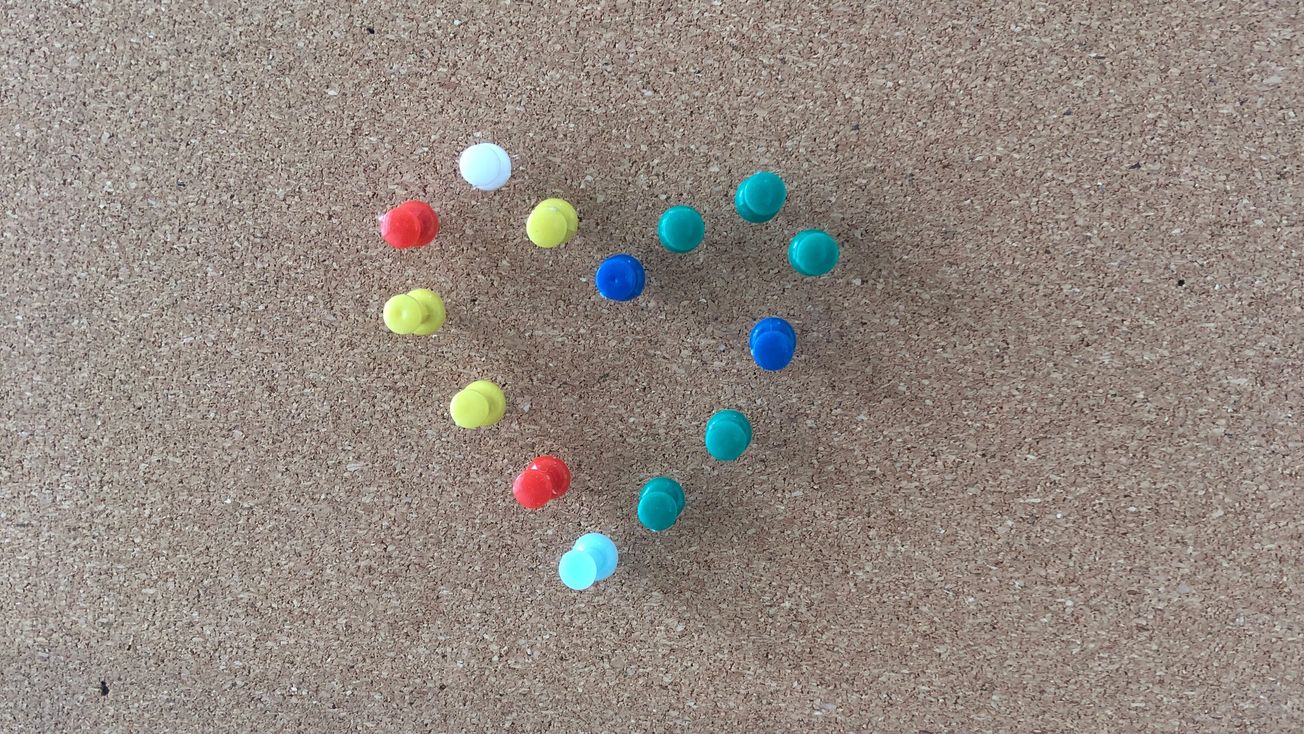June is Pride Month, a time when the LGBTQIA+ community comes together to celebrate, advocate, and raise awareness for the rights and equality of all individuals. It's a month filled with parades, events, and vibrant displays of love and acceptance. But Pride Month is more than just a colorful celebration; it is a reminder of the ongoing struggle for visibility, acceptance, and human rights that many LGBTQIA+ individuals face.
In the midst of a world where anti-LGBTQ policies persist, I had the pleasure of interviewing David Harrison, a prominent figure at VinUni and a true gay icon. As the Vice Provost of Academics, Dean of Student Experience, and Professor of College of Arts and Sciences, Harrison holds influential positions within the university. But his connection to the LGBTQIA+ community goes far beyond his professional roles. As a member of the LGBTQIA+ community himself, Harrison’s journey towards self-acceptance has been a long and challenging one.
Harrison’s journey as a gay person began at a young age. Growing up in a society where his identity wasn't readily accepted, he embarked on a long process of self-acceptance. Now, as a proud member of the community, he recognizes the importance of Pride month for allies, community visibility, and reminding detractors that
WE'RE HERE, WE'RE QUEER, and WE’RE NOT GOING ANYWHERE."
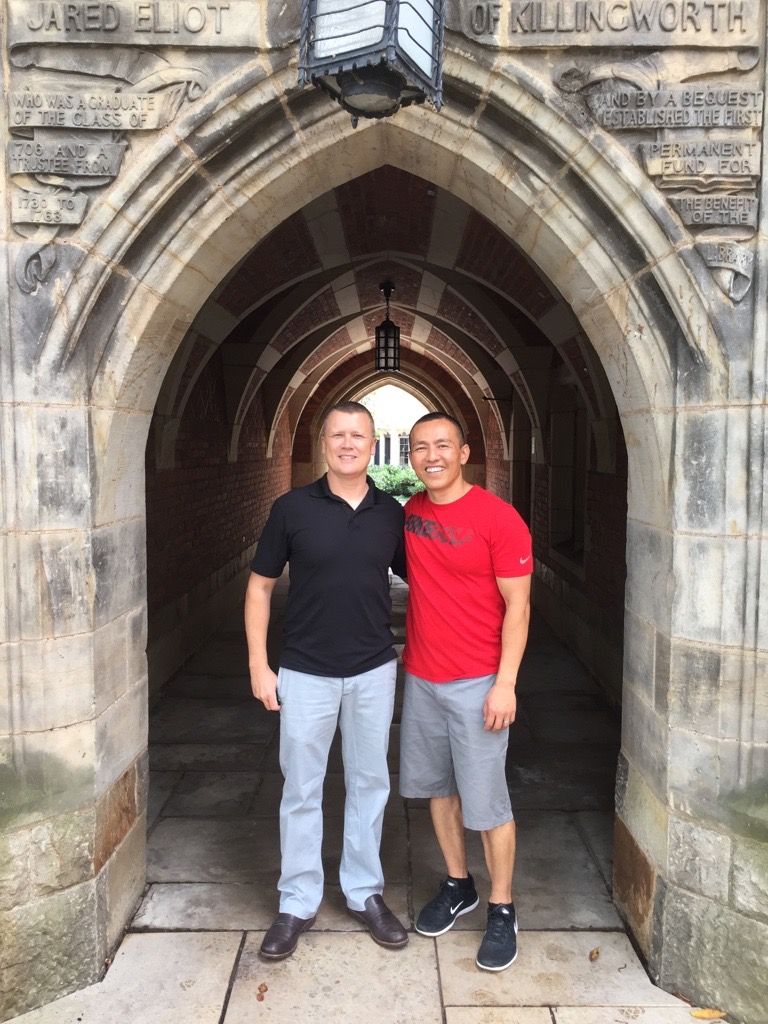
But Harrison goes beyond mere visibility. He emphasizes the responsibility the LGBTQIA+ community has towards society at large, particularly younger individuals struggling with oppression, discrimination, and self-acceptance. He urges them not to isolate themselves but to actively engage with the world, fighting for that inalienable human rights for LGBTQIA+ individuals that are still elusive in many parts of the globe.
Throughout our conversation, it becomes apparent that Harrison's daily life is fraught with challenges. Just mere 30 minutes prior to our interview, one of his daughter's school administrators innocently asked her about her "mom and dad", but the thing is: she does not have a mom and a dad, she has two dads. To Harrison and his husband, this assumption, through no fault of one singular administrator, erases their own reality, disregards all their efforts in fighting against homophobia and the symbol of a perfect nuclear hetero family.
It highlights the importance of small interactions and the need to remind others that the LGBTQIA+ community exists. Hate speech and discriminatory policies further compound the struggles faced by many members of the community, even in countries like Vietnam, where legal oppression is absent but awareness is lacking. Harrison's daughter becomes the collateral damage, a victim of “not-outright-homophobia”, having to confront ignorance and hostility directed at their family.
Another incident followed soon after where he divulged an interaction with a student from the College of Health Sciences. The student expected Harrison’s children to have come from a “baby shop” with the following distilled question of where did he get his babies from. The subtext of a lack of awareness of homosexuality is even more apparent in this context; the assumption being that children of a homosexual family are entirely adopted and not related by blood.
Anecdotes like a student asking him where he got his children provide a glimpse into his response—humor, patience, and a desire to educate. He recognizes that these incidents stem from a lack of exposure, rather than malicious intent. Harrison approaches these challenges with grace, empathy, and a determination to educate others. Rather than assuming ill intentions, he believes in the power of understanding and dialogue to foster change.

Our conversation then shifted to the diversity and inclusiveness of the LGBTQIA+ community at VinUni. While there is goodwill towards the community, there is still a lack of knowledge and understanding regarding their needs and experiences. VinUni, as an LGBTQ-friendly environment, has yet to fully comprehend that LGBTQ people are a vulnerable population, often requiring extra outreach and support.
Harrison recounted an incident from last year's Pride Day at VinUni. He, along with another queer faculty member and PRISM, composed a special message to be sent out. However, the message faced opposition, with Student & Club Management team that everyone should be treated equally and not receive special messages. While Harrison understood the counterargument, he disagreed. He argued that the unique struggles faced by the LGBTQIA+ community, including higher rates of mental illness and suicide, is so vastly different from a hobby like photography: it is not a defining feature or an innate part of your deep core identity.
The need of student clubs, for example to the photography club, to be supported is not the same as the needs of the LGBTQIA+ community. One is a hobby, the other is an identity. One group suffers discrimination, the other does not. We have to offer more support where more is needed"
Following that, Harrison speaks more about the problems: physical abuse or mental trauma within the community from society and their own family and friends. “They need extra support and I am not ashamed to offer that support.” As we delve into his personal contributions to the community, Harrison's humility shines through. He prefers working at an individual level, engaging in one-on-one conversations, and offering support to students. He emphasizes the importance of positive interactions, providing motivational and self-help books to students, and being a constant source of encouragement. Furthermore, on a broader scale, he ensures that the LGBTQIA+ community's needs are represented and addressed within the university's policies and programs.
Harrison's involvement with VinUni's PRISM further demonstrates his commitment to creating a supportive community. PRISM provides a platform for LGBTQIA+ students, faculty, and allies to come together, share experiences, and advocate for equality. Through events, workshops, and awareness campaigns, PRISM strives to create an environment where all members of the community feel seen, heard, and respected.
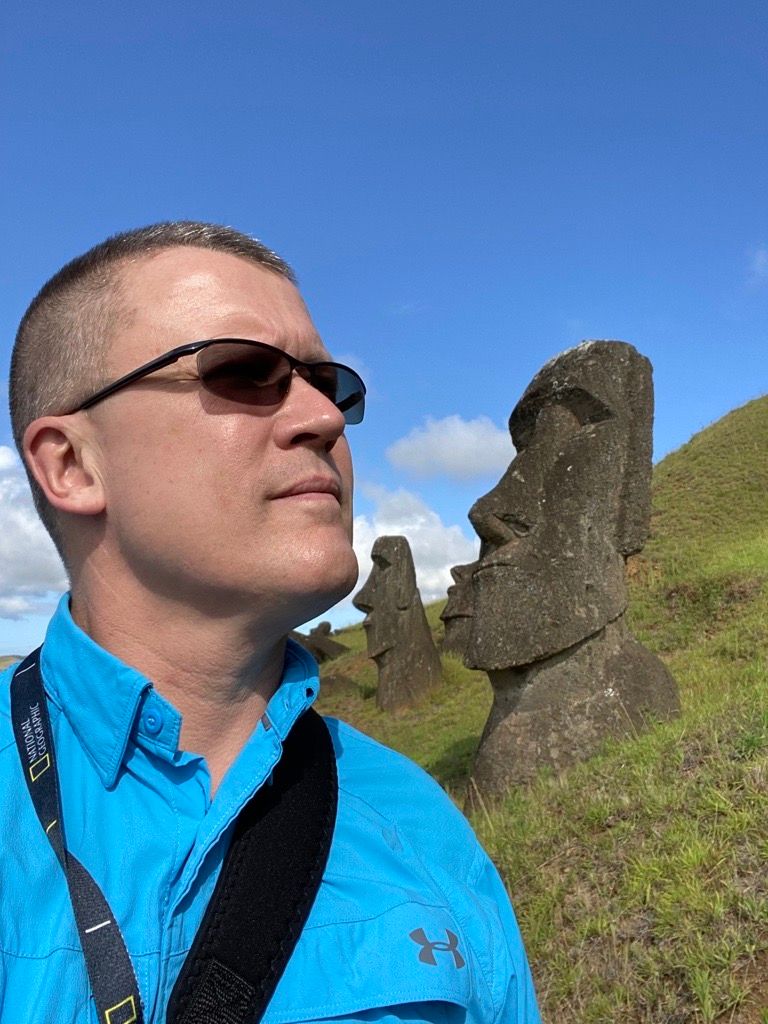
Visibility and representation play a crucial role in Harrison's advocacy. As a gay role model within the VinUni community, he understands the significance of having visible role models. Within the context of the educational system, Harrison recalls having 2 professors who happened to be gay within his years in college. One was in philosophy and the other anthropology. Yet the tricky thing about that is Harrison admired the professors simply because they were gay, not as whole people with personality, family, friends, or connections. To be able to become such a role model of a LGBTQIA+ faculty at his seniority and career advancement, showcasing to all students what it means to be an active participant of the world yet being gay is truly brave. An icon.
Harrison believes that representation is essential not only for LGBTQIA+ individuals but for the broader community as well. By being open about his own identity and experiences, he hopes to inspire others to embrace their authentic selves and create a more inclusive environment. Harrison also acknowledges the importance of allyship in the fight for LGBTQIA+ rights and inclusion. He encourages students, faculty, and staff to become allies and advocates, fostering a culture of acceptance and understanding. He believes that true progress can only be achieved when everyone works together, challenging the status quo and dismantling discriminatory attitudes and practices.
However, Harrison acknowledges that the journey towards full acceptance and equality is far from over. He is well aware of the ongoing struggles faced by the LGBTQIA+ community, both globally and within his own country. Discrimination, violence, and legal barriers still persist, and he remains dedicated to advocating for change.
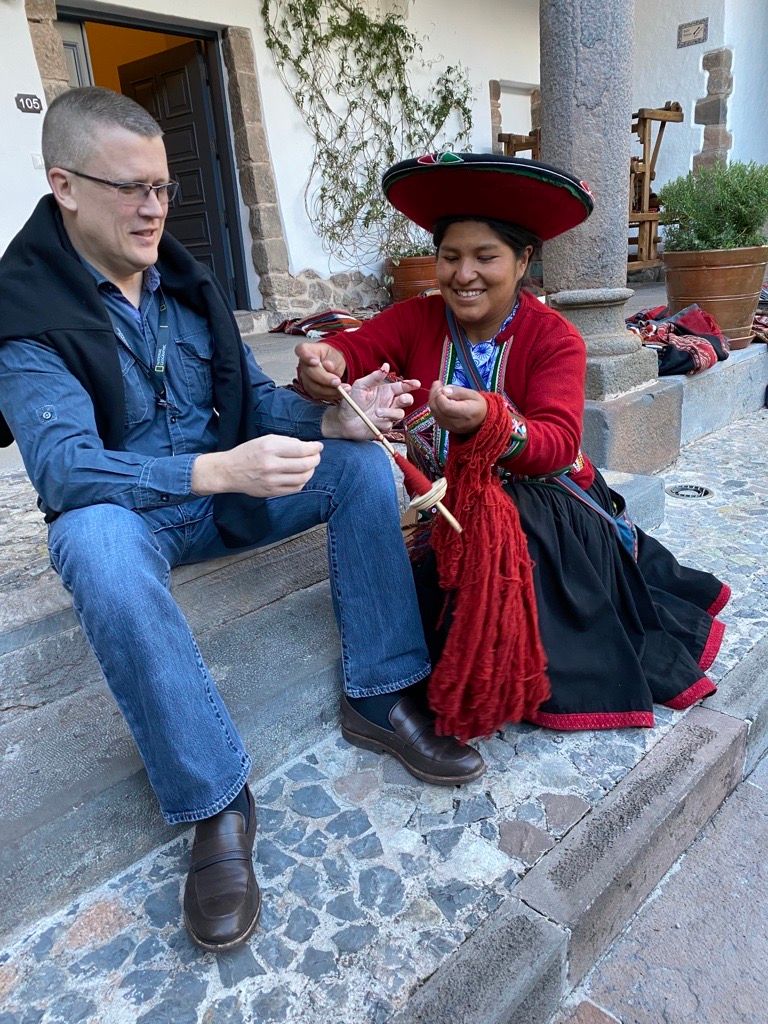
Throughout our interview, it became evident that Harrison's journey as a gay icon is not just about his personal journey but about the collective struggle for equality and acceptance. He firmly believes that change begins with individuals embracing their authentic selves and challenging societal norms and expectations. By being open, visible, and unapologetically himself, Harrison inspires others to do the same.
In a world where LGBTQIA+ individuals continue to face discrimination and marginalization, David Harrison stands as a shining example of resilience, courage, and advocacy. His unwavering commitment to the LGBTQIA+ community, both within and beyond the walls of VinUni, has made him a beloved figure and a role model for many.
As Pride Month comes to a close, it is essential to remember that the fight for equality and acceptance does not end with the month of June. It is a continuous effort that requires individuals like David Harrison to champion the cause and pave the way for a more inclusive and equitable society.
Harrison's journey and advocacy serve as a reminder that being a gay icon is not just about fame or popularity; it is about using one's influence and voice to uplift others, challenge prejudices, and create a world where everyone can be proud of who they are. Through his work and personal example, David Harrison continues to make a significant impact on the LGBTQIA+ community and beyond.
David Harrison is a true gay icon to all.
Sincerely,
VinUnians
Comments
Sign in or become a Sincerely, VinUnians member to join the conversation.
Just enter your email below to get a log in link.
